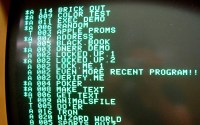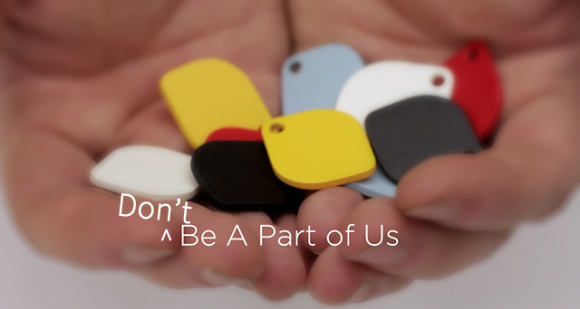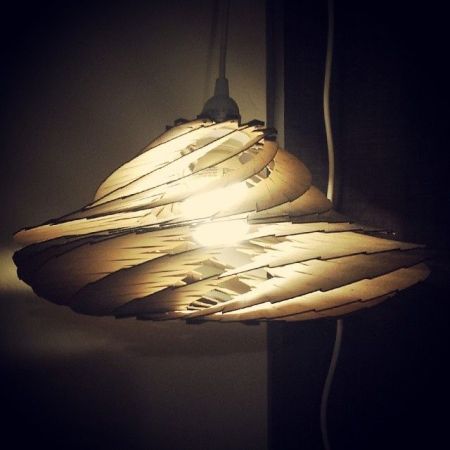
Yesterday’s U.S. Supreme Court ruling was a major win for privacy groups and has some serious implications for law enforcement going forward. Before jumping into why this was an important decision, let’s talk about the law as it existed before yesterday’s ruling.
Previously, cell phones did not fall under Fourth Amendment rights, which assert that “persons, houses, papers, and effects” should be protected from “unreasonable searches and seizures.” Of course, if law enforcement is able to show probable cause for search and obtain a warrant, those conditions are nullified.
That means police are able to search your phone on the spot if you get pulled over for a traffic violation or if you’re stopped and frisked. Allowing police to seize cell phones also prevented citizens from using a powerful tool for police accountability: cameras. In instances of police brutality, certain officers have seized cell phones from bystanders or asked that they delete evidence of misconduct.
The worst part about cell phones not being included in Fourth Amendment rights was that it gave police access to unprecedented amounts of personal information.
“A decade ago, officers might have occasionally stumbled across a highly personal item such as a diary, but today many more than 90 percent of American adults who own cell phones keep on their person a digital record of nearly every aspect of their lives,” reads the Supreme Court opinion. Simply put: search and seizure legislation wasn’t written for 2014 but for a time when searching someone’s person would only have been a “narrow invasion of privacy.”
Now, searching the items immediately on you is a deep invasion of your privacy. As a result the Supreme Court now requires law enforcement to get a warrant to go through your phone — not just an arrest. There are of course “exigent” reasons your phone would be seized, like if there was an immediate threat of harm. Perhaps a broader question is, what does this mean for other devices?
Tablets are already everywhere; and wearables, like smartwatches and Google Glass, are slowly making their entry into the market, which means soon we’ll have to worry about police seizing a range of devices, not just our cell phones. Why would an officer of the law want to take your fitness tracker with a log of your recent locations? Or a smartwatch with a store of recent texts?
Hanni Fakhoury, staff lawyer at Electronic Freedom Foundation, says yesterday’s Supreme Court ruling begins to tackle that issue.
“Now, police cannot search a cell phone merely because a person has been arrested. If you're carrying a digital camera, there's a very good argument that that ruling can be extended,” says Hanni Fakhoury, staff lawyer at Electronic Freedom Foundation. Same for Google Glass, he says.
However, this new rule won’t protect you from being pressured into giving your device to police if they ask for it. Also, warrants are not that hard to obtain, though they certainly weigh down the search process with paper work and a judge’s approval.
And though this new legislation recognizes that people store vast amounts of personal information on the web and in their phones, it doesn’t answer larger questions about Internet and cloud data privacy. Fakhoury is hopeful that this new ruling will affect police searches of phone records.
“Police rely on going to the cell phone companies for information and going to Internet service providers for even more information. This new law will impact that litigation” he says — though that seems like a bit of a stretch. At the very least the Supreme Court requirement that law enforcement obtain a warrant before securing a person’s cell phones could open the door to more legislation of this ilk.
This new legislation is a step in the right direction, but we still have a long way to go in protecting our personal data.

 Apple DOS 3.3. That's when I first learned to program. I have fond memories of Apple BASIC, Beagle Bros, and GPLE. One of my "I finally made it" moments was when Woz bought a copy of my game MacSki. Wherever you are, thanks Woz. [Image Source:
Apple DOS 3.3. That's when I first learned to program. I have fond memories of Apple BASIC, Beagle Bros, and GPLE. One of my "I finally made it" moments was when Woz bought a copy of my game MacSki. Wherever you are, thanks Woz. [Image Source: ![[David's] metalworking to motorize a PCB shear.](http://hackadaycom.files.wordpress.com/2013/08/fail-motorizing-a-pcb-shear.png?w=200&h=164)
 There are lots of things I'd like to measure or monitor, but I just don't have the time to make all of those projects. So,
There are lots of things I'd like to measure or monitor, but I just don't have the time to make all of those projects. So, 



